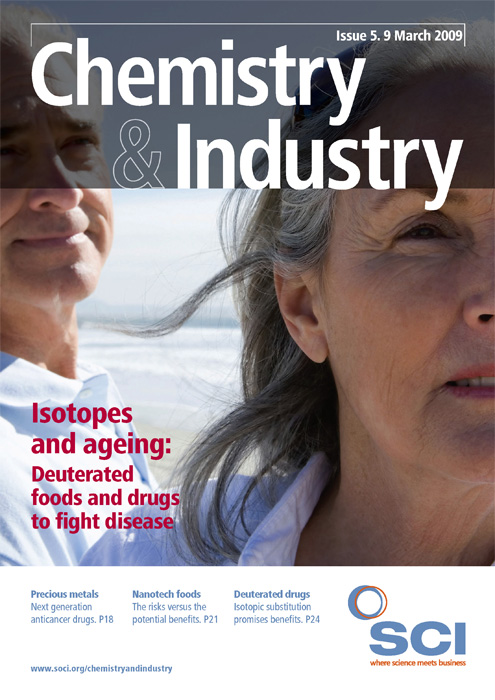Research by scientists in China suggests that a remarkable treatment combining a vitamin A derivative and a form of arsenic could be a frontline therapy for acute promyelocytic leukaemia (APL), the most fatal type of acute leukaemia.
The researchers set out to characterise the long-term efficacy, safety and tolerability of a combination therapy involving all-trans retinoic acid (ATRA) and arsenic trioxide (ATO), followed by chemotherapy, by tracking 85 APL patients for seven years. They found that 80 patients entered complete remission after five years – a 95% cure rate, compared with just 25- 30% for chemotherapy alone (PNAS doi/10.1073/pnas.0813280106). The ATRA/ATO combination has benefited patients newly diagnosed with APL in short-term studies, but the long-term effects to date have been unclear.
In addition to the high efficacy, there was also mild and reversible toxicity. No secondary cancers were found two years after the last dose, and patients had urinary arsenic concentrations well below the safety limit, according to the researchers. Treatment with ATRA and ATO is thought to reprogramme cancer cells to behave like normal cells.
‘The combined use of all-trans retinoic acid and arsenic trioxide has revolutionised the way that we treat this disease,’ said professor John Gribben, a Cancer Research UK clinical expert at Barts and the London School of Medicine. ‘The early bleeding complications, that were so frequently fatal in the past, now occur much less often, and the treatment is well tolerated and safer than previous treatments. But, long term follow up of survivors will be important.’
Scientists at the Samuel Waxman Cancer Research Foundation, which was involved in the collaboration with the Shanghai Institute of Hematology to develop the ATRA/ ATO treatment, said the advance in cure rate reported in the PNAS paper will become the standard treatment of APL in the US and around the world. And, because the drugs are cheap and may be obtained in pill form, they expect the treatment to have an impact in lesser developed countries as well.





